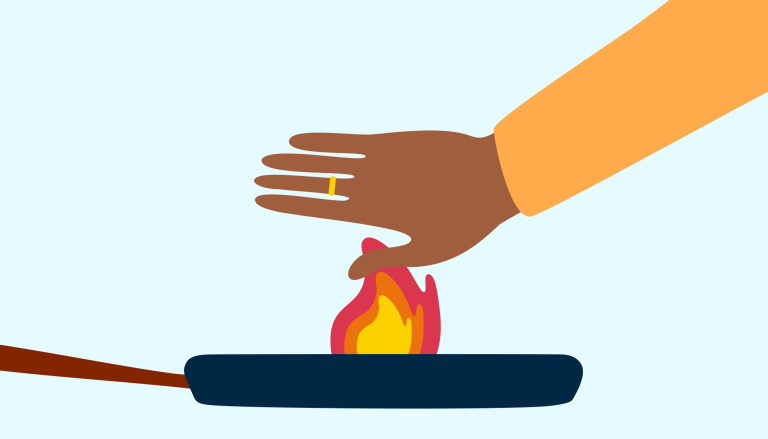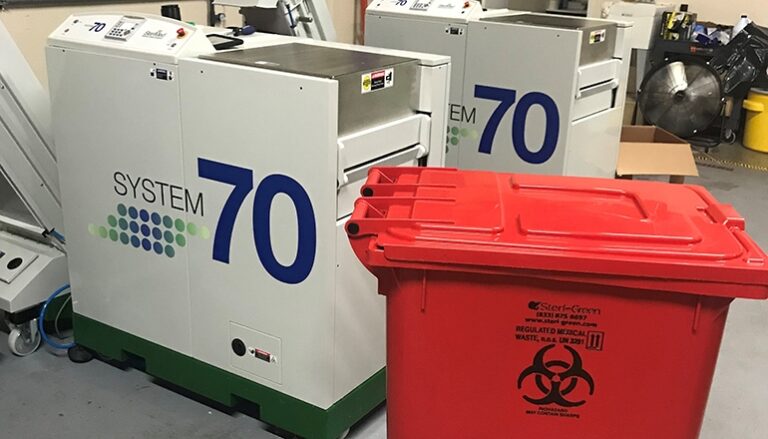How Teen Outpatient Treatment Can Help with Substance Abuse Recovery
Substance abuse among teenagers is a critical issue that affects not only individuals but also their families and communities. The journey towards recovery is complex and multifaceted, especially for young people. In this context, teen outpatient treatment programs have emerged as a significant tool in aiding recovery, offering an adaptable yet practical approach.

Whether looking for outpatient or residential treatment for teens, both allow young individuals to receive therapy and support. Today’s blog post focuses more on how teen outpatient treatment can be instrumental in substance abuse recovery.
Understanding Teen Outpatient Treatment
Outpatient treatment for teenagers facing substance abuse issues involves therapy and support without an overnight stay at a facility.
Teens attend scheduled therapy sessions and programs while living at home, allowing them to maintain a sense of normalcy. This method provides a blend of structured treatment and the familiarity of everyday life, which is crucial during the tender teenage years.
The Comprehensive Benefits of Outpatient Treatment
- Maintaining Daily Routine and Education: Outpatient treatment permits teenagers to continue their educational commitments, thus preventing disruption in their academic progress. Balancing treatment with schooling fosters a sense of achievement and purpose, which is essential for self-esteem and normal development.
- Family Involvement and Support: The role of family in outpatient treatment is pivotal. Substance abuse disorders can strain family dynamics, but involving family members in therapy enhances understanding and support.
- Building Community-Based Support Networks: Outpatient treatment enables teens to establish community support networks. These networks can include counselors, peer support groups, and accessible resources outside therapy hours, providing a safety net that extends beyond the treatment facility.
- Customizable Treatment Plans: The flexibility of outpatient programs allows them to be tailored to each teen’s specific needs. Treatment intensity and duration can be adjusted based on progress and circumstances, ensuring a personalized approach to recovery.
- Practical Application in Real-Life Scenarios: Outpatient treatment allows teenagers to apply learned coping strategies and behaviors in real-life situations. This immediate application in familiar settings can lead to effective and long-lasting behavioral changes.
- Enhanced Privacy and Comfort: Outpatient settings often offer more privacy, which appeals to teens who feel stigmatized or intimidated by inpatient facilities. This comfort level can lead to a more open and honest therapeutic process.
- Cost-Effectiveness: Outpatient treatment can be more cost-effective than inpatient options. The reduced financial burden can relieve stress on families, making treatment more accessible and sustainable over time.
When is Outpatient Treatment the Right Choice?
Outpatient treatment is particularly suitable for teens who have a robust support system at home and do not require intensive medical supervision or detoxification. It’s an excellent option for those transitioning from inpatient care, providing continued support during the critical adjustment period to everyday life. Moreover, it’s ideal for teens who are motivated to recover but require the flexibility to manage their education and other personal commitments.
The Role of Therapy in Outpatient Treatment
A cornerstone of outpatient treatment is counseling and therapy, which take various forms:
- Individual Therapy: Focuses on personal issues, coping mechanisms, and behavior modification and allows teens to explore emotions and thoughts in a safe environment.
- Group Therapy: Provides peer support and helps in developing social skills. It offers a platform for sharing experiences and learning from others facing similar challenges.
- Family Therapy: Addresses family dynamics and improves communication. It helps in healing relationships and building a supportive home environment.
- Educational Sessions: These sessions focus on educating teens about substance abuse, its effects, and strategies for maintaining sobriety.
Complementary Therapies and Activities
Many outpatient programs incorporate complementary therapies and activities to support recovery. Such programs could include:
Art and Music Therapy
These innovative therapies provide more than just creative outlets; they are vital tools for emotional and psychological healing. In art therapy, teens draw, paint, or sculpt, allowing them to express feelings they might find hard to verbalize visually.
This form of expression can be particularly empowering, offering a sense of control and a way to process complex emotions. Music therapy, on the other hand, involves either listening to or creating music. It can be profoundly therapeutic, aiding in mood regulation, reducing anxiety, and even improving communication skills.
For teens struggling with substance abuse, these therapies can uncover underlying issues, provide a healthy escape, and foster a deeper understanding of their emotional landscape.
Meditation
This ancient practice offers much more than just stress management. Meditation teaches teens how to focus their minds, fostering a sense of inner peace and mindfulness.
It can be a powerful tool for self-reflection and introspection, helping teens understand and manage their thoughts and emotions. Regular meditation can improve mental clarity, enhance concentration, and a greater ability to handle stressful situations.
This mental resilience is invaluable in the journey of recovery, as it helps teens navigate the challenges and triggers of substance abuse with greater equanimity.
Physical Activities
The role of physical exercise in mental health cannot be overstated. Regular physical activities, be it team sports, yoga, running, or even just walking, can profoundly impact teens’ well-being.
Exercise releases endorphins, often referred to as ‘feel-good’ hormones, which can improve mood and reduce feelings of depression and anxiety.
Additionally, engaging in physical activities can boost self-esteem, promote better sleep, and provide a constructive outlet for stress and frustration. For teens in recovery, having a structured physical routine can also instill discipline and a sense of accomplishment, which are essential components in building a sober, healthy lifestyle.
The Importance of Continuous Support and Follow-Up
Continued support and regular follow-up are crucial in outpatient treatment.
This ongoing engagement helps prevent relapse and ensures the teen remains committed to recovery. Support can come in various forms, including booster sessions, check-in calls, and access to emergency counseling.
Conclusion
Teen outpatient treatment offers a holistic, adaptable, and practical approach to substance abuse recovery. It blends structured treatment with the realities of daily life, involves family, builds community support, and respects the teen’s need for privacy and normalcy.
The decision to choose outpatient treatment should be based on the individual needs and circumstances of the teenager, and it’s important to remember that recovery is a journey that requires patience, commitment, and continuous support. With the right approach, teens can overcome substance abuse and move towards a healthier, more fulfilling future.
Keep an eye for more latest news & updates on Disocver Tribune!






